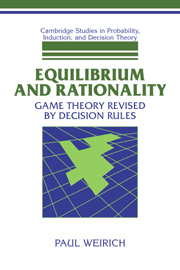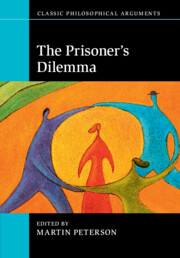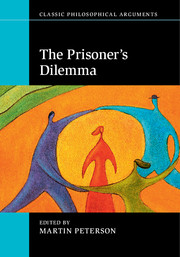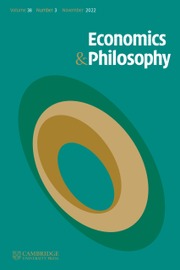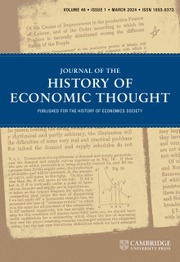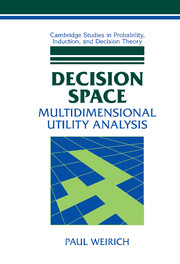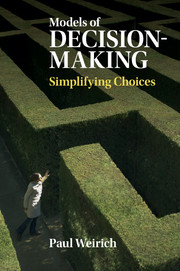Equilibrium and Rationality
This book represents a major contribution to game theory. It offers a new conception of equilibrium in games: strategic equilibrium. This new conception arises from a study of expected utility decision principles, which must be revised to take account of the evidence a choice provides concerning its outcome. In synthesizing decision theory and game theory in a powerful new way this book will be of particular interest to all philosophers concerned with decision theory and game theory as well as economists and other social scientists.
- Genuine interdisciplinary readership - game theory sells well to economists as well as philosophers
Reviews & endorsements
"This is a superbly written and insightful book on the philosophical foundations of game theory. The book is superbly written and argued and should be read by anyone interested in the foundations of the theory of rational choice." Peter Vallentyne, Ethics
"...game and decision theory are more and more an interdisciplinary subject, in which mathematicians, economists but also political scientists, philosophers and logicians make fundamental contributions, among which is this interesting and important book." Mathematical Reviews
Product details
July 2007Paperback
9780521038027
252 pages
228 × 151 × 14 mm
0.387kg
51 b/w illus.
Available
Table of Contents
- Preface
- 1. Games and solutions
- 2. Idealizations
- 3. Equilibrium
- 4. Reasons and incentives
- 5. Strategic equilibrium
- 6. Finding equilibria
- 7. Applications
- 8. Other standards for solutions
- References
- Index.

